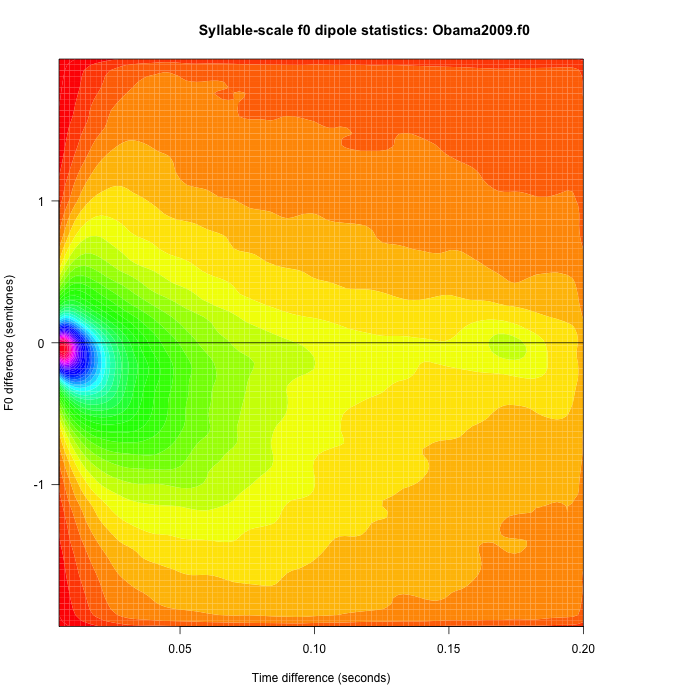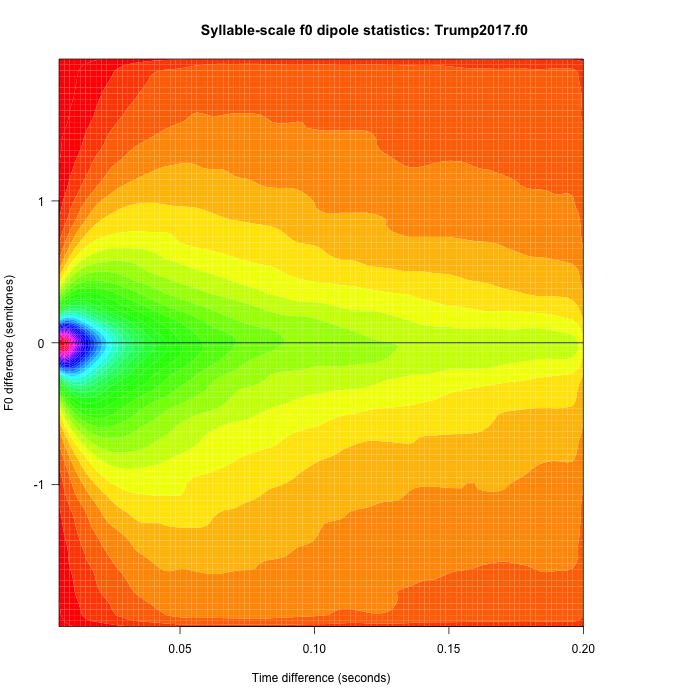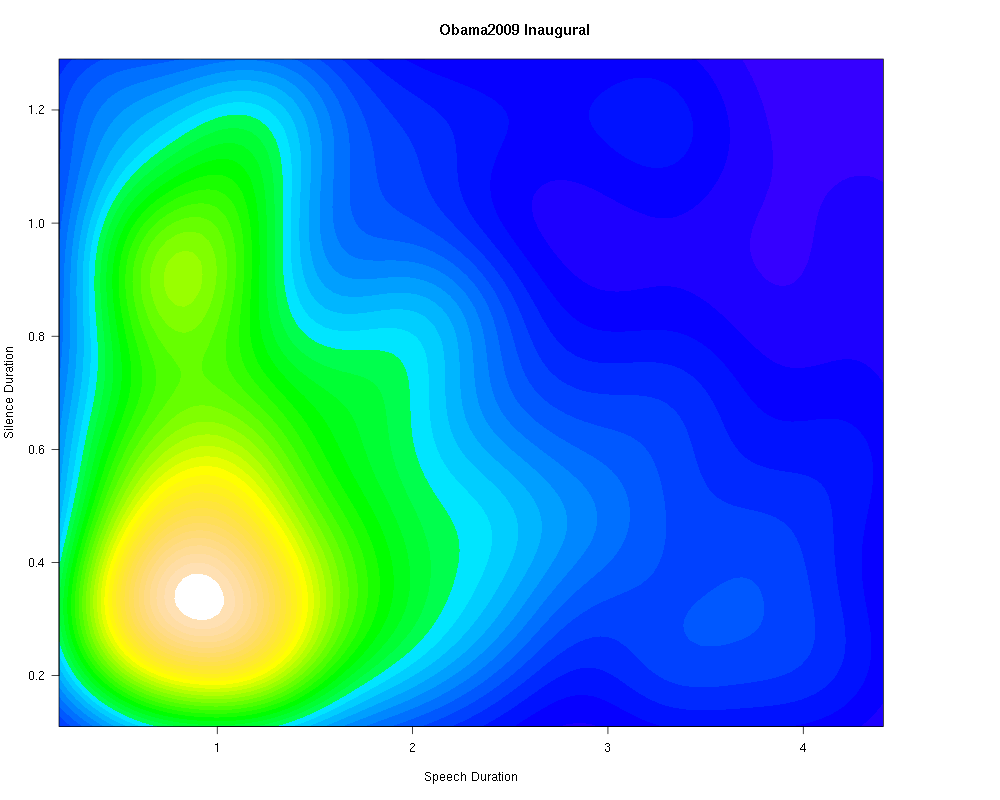Steven Hsieh, "Joking Around: We spoke with that Carlsbad city councilor with the sexist Facebook post", SF Reporter 1/24/2017 [emphasis added]:
Carlsbad City Councilor JR Doporto drew widespread criticism today after KOB 4 highlighted a Facebook post he wrote mocking women who participated in Saturday's nationwide demonstrations against President Donald Trump. […]
After angry comments rained down on his Facebook page, he doubled down on his jokes with additional posts. […]
We caught up with Doporto this afternoon on the phone to hear his thoughts. […]
Q: I don't think anyone is disputing that you have the right to say what you want to say. I guess the question was: The march was for women's rights. And the particular joke you made was disparaging towards women and some of the stereotypes you used were—it seemed you were thumbing your nose at what was taking place. Does that make sense to you?
A: Yeah, yeah. I was thumbing my nose at what was taking place. Enough already. Let's get on. Women have had rights for … years that I have been alive. I don't see no rights they don't have that a man has. When are they going to get on and move on? I believe if a Democratic president was elected, Hillary, I don't think we would've had those protests.
Karen Sumner, who sent me the link, commented: "This is likely an example of a simple and easily-recognized language thing to Language Log folks, but I scratched my head when I saw it. Still scratching, to be honest."
Read the rest of this entry »



